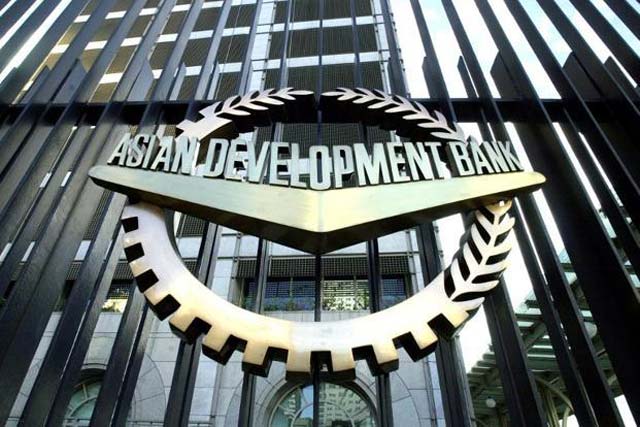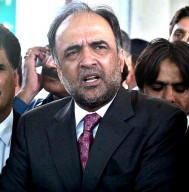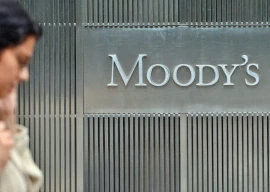
The Asian Development Bank (ADB) has predicted that inflation in Pakistan will remain high in the current fiscal year.
The bank's latest Asian Development Outlook report raised its economic growth forecast for developing Asia and the Pacific from 4.9% to 5%, but Pakistan faced a more challenging outlook.
The ADB forecast that Pakistan’s inflation rate, which had decreased from 38% to 11.8%, will remain elevated. The bank also predicted that the country's debt could reduce by 7%, from 77% to 70%.
Despite these projections, the ADB highlighted that 62% of Pakistan's revenue will be used for debt repayment during the fiscal year 2024-2025. The bank also noted that global food prices are expected to ease, which could help moderate inflation, though some regions will still face high food inflation due to adverse weather and export restrictions.
ADB Chief Economist Albert Park emphasised the robust economic growth seen in Asia and the Pacific compared to the second half of last year. However, he warned that policymakers must address several risks that could impact this outlook, including electoral uncertainties, interest rate decisions, and geopolitical tensions.
For Pakistan, the challenges are compounded by the ongoing economic strain and the need for continued reform.
The ADB's report suggests that domestic and external demand improvements in Southeast Asia and stronger-than-expected growth in Central Asian economies like Azerbaijan and Kyrgyzstan are helping to bolster regional economic prospects.
In China, growth is forecast to remain steady at 4.8%, supported by ongoing recovery in services consumption and stronger-than-expected exports and industrial activities.
The ADB also noted that while the broader region shows promise, individual countries like Pakistan need to navigate significant economic hurdles, including maintaining fiscal discipline and managing inflationary pressures.




















COMMENTS
Comments are moderated and generally will be posted if they are on-topic and not abusive.
For more information, please see our Comments FAQ